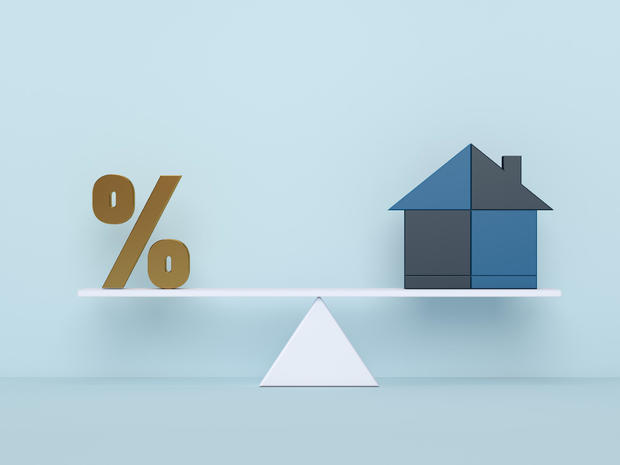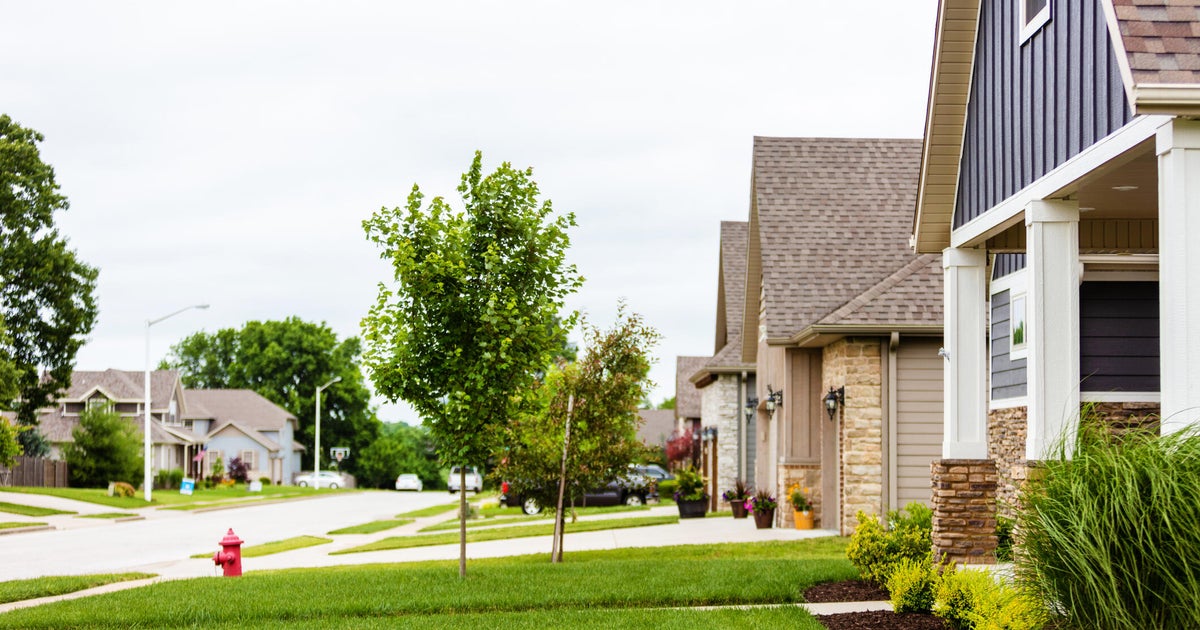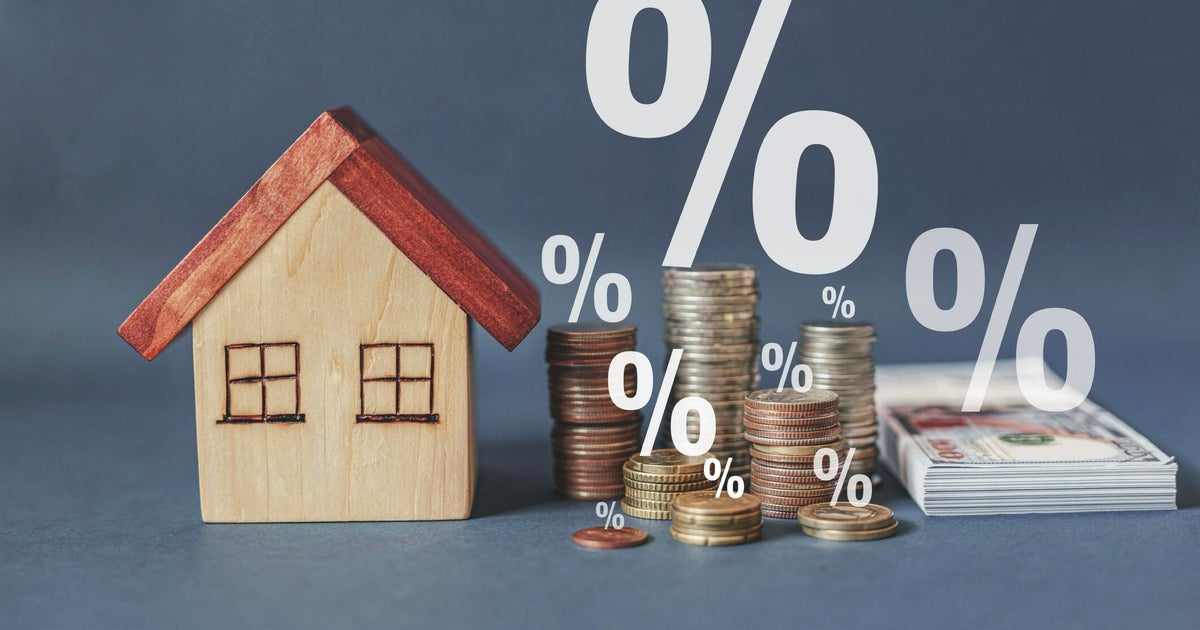Is a mortgage refinance half a percentage point lower worth it? Experts weigh in
While mortgage rates plummeted during the pandemic to below 3%, some homeowners were unable to lock in low rates at that time. But with many expecting that the Federal Reserve will start cutting the federal funds rate this year, that could trickle down into homeowners starting to get relief.
Still, most expect the Fed interest rate cuts to be modest, and it's unclear if and when that will actually happen. Meanwhile, mortgage rates have bounced around a bit in recent months, such as by climbing above 7% in April and May, with the average 30-year fixed-rate mortgage rate now back down to 6.86%, according to Freddie Mac.
Amidst these changes and expectations around rate cuts, some homeowners may be wondering whether a small drop in mortgage rates would still make refinancing worthwhile. Specifically, would a mortgage refinance to obtain a half-percentage-point lower rate be worth it?
Find out the top mortgage refinancing rates and get started today.
Is a mortgage refinance half a percentage point lower worth it? Experts weigh in
Here's what real estate experts have to say about whether refinancing your mortgage to a rate that's half a percentage point lower makes sense.
Yes, a mortgage refinance rate half a percentage point lower is worth it
In some cases, it makes sense to refinance a mortgage for half a percentage point from a financial standpoint. However, you have to do the math to see if you'll stay in the property long enough to overcome the upfront costs.
"On a $200,000 loan, the difference in monthly payments between a 7% interest rate and a 6.5% interest rate is $67. While this savings is beneficial, you must consider the cost of refinancing relative to your planned duration in the property. If refinancing costs $2,500, it would take approximately 37 months to recoup the cost through the lower monthly payment," says Jerry Koors, president of Merchants Mortgage at Merchants Bank.
Refinancing for a rate that's 50 basis points lower could also make sense if it helps improve your loan terms.
"Refinancing for a half-point drop can be advantageous, but it's not just about the rate decrease," says Jim Breeze, SVP of mortgage product development at PNC Bank.
"For example, if you're in an adjustable-rate mortgage that's about to adjust to a higher rate, switching to a fixed rate can be beneficial. If you want more payment stability, refinancing into a fixed rate is a good idea as well," he adds.
You also might refinance to obtain a more affordable monthly payment, even if it extends your loan duration, says Breeze.
Another factor could be refinancing to get rid of private mortgage insurance (PMI). This could further reduce your monthly payment, says Koors. However, refinancing is not the only way to remove PMI from your current loan.
Explore the best mortgage refinancing rates available to you here.
No, a mortgage refinance rate half a percentage point lower isn't worth it
While there can be situations where refinancing a mortgage for half a percentage point lower makes sense, sometimes it's not worth it, particularly when accounting for closing costs.
"I don't think refinancing a mortgage for half a percentage point is worth it. I wouldn't recommend refinancing unless the rate was lowered at least .75%, given the closing costs, which could be somewhere between 2%-5% of the new loan," says Dottie Herman, vice chair and former CEO for Douglas Elliman Real Estate.
Even if you don't have to pay these closing costs right away, your total mortgage costs can go up.
"To avoid paying upfront costs, some borrowers choose to roll the fees into their new loan amount, which increases the payment and restarts the interest on a 30-year loan," says Koors.
And if you don't plan on living in your current home for a while, then the math on refinancing gets harder to justify.
"For example, if refinancing costs $2,000 and reduces your payment by $200 monthly, it will take 10 months to break even. If you're moving in six months, it may not be worth it. The best thing you can do is talk to a loan officer to review your options," says Breeze.
The bottom line
The mortgage refinance rate isn't the only factor behind why some people refinance, and you don't always need a huge drop in rates to justify refinancing costs. However, it's important to calculate the total costs, compare your options and see if you could put yourself in a better financial position by refinancing for half a percentage point less. Sometimes the math makes sense, but in other cases, you might decide to wait until rates potentially drop further.




